In recent decades intellectual history as well as political and social theory had argued, that the years around 1800 had to be considered as a period of fundamental conceptual change, in which the framework of early modern society gradually disappeard, while a new understanding of describing and constructing social order emerged. Taking this into account the study intends to illustrate – on the basis of a philosophical reconstruction of ‚the economic‘ and the empirical analysis of pyhsiocratic, conservative and romantic sources of german political discourse between 1770 and 1820 – that ‚economic thinking‘ constituted a coherent and common reference, to which political and social ‚languages‘ refered to – regardless of their different conception of social order en detail. Thus, the formation of ‚modern‘ political and social thinking evolved as ‚economic thinking‘ – a specific and in fact ‚unescapable‘ discourse of dealing with the relation between individuals, society and state, which can not be reduced solely to a ‚liberal‘ or ‚Smithian‘ social theory.









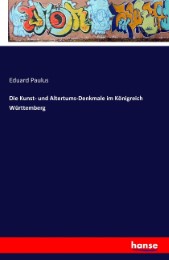
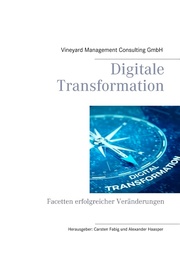
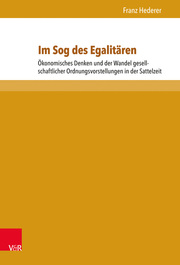


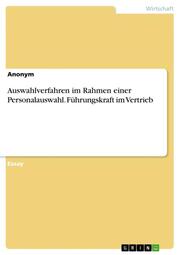
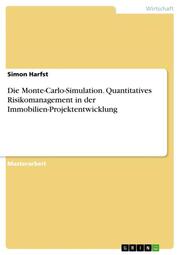

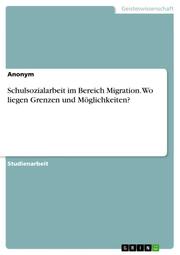
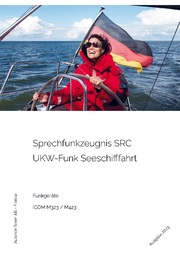
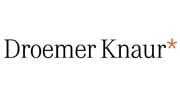


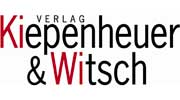


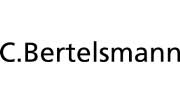
Bewertungen
Es gibt noch keine Bewertungen.